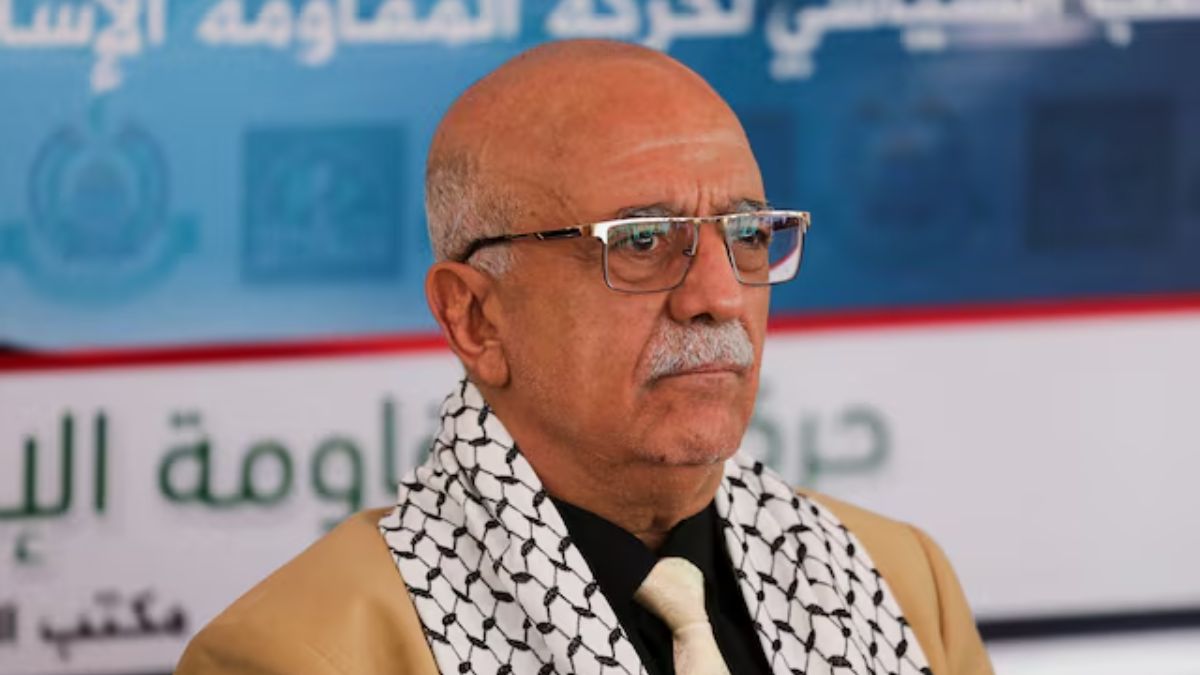Yemen’s Huthi rebels vowed on Saturday to avenge the killing of their prime minister and other political leaders in Israeli strikes this week.
Yemen’s Huthi movement on Saturday pledged to avenge the killing of its prime minister and several senior leaders in Israeli airstrikes earlier this week.
In a televised message on Telegram, Mehdi al-Mashat, head of the group’s supreme political council, vowed retribution for what he called the “martyrdom” of political leaders. “We promise to God, to the Yemeni people, and to the families of the martyrs and wounded that we will take revenge,” he declared.
Al-Mashat also issued a warning to foreign companies operating in Israel, urging them to leave “before it’s too late.”
According to the council, the Israeli strike on Sanaa marked the first attack to claim the lives of top-ranking Huthi officials, including the head of their administration and several ministers.
Israel said on Friday that the airstrike had targeted the Iran-aligned group’s chief of staff, defence minister and other senior officials and that it was verifying the outcome.
Mashat’s statement did not make clear whether the Houthi defence minister was among the casualties.
Ahmad Ghaleb al-Rahwi became prime minister around a year ago but the de facto leader of the government was his deputy, Mohamed Moftah, who was assigned on Saturday to carry out the prime minister’s duties.
Rahwi was seen largely as a figurehead who was not part of the inner circle of the Houthi leadership.
Since Israel’s war in Gaza against the Palestinian militant group Hamas began in October 2023, the Iran-aligned Houthis have attacked vessels in the Red Sea in what they describe as acts of solidarity with the Palestinians.
They have also frequently fired missiles towards Israel, most of which have been intercepted. Israel has responded with strikes on Houthi-controlled areas of Yemen, including the vital Hodeidah port.
During the last year, Israel carried out a series of assassinations targeting senior leaders and commanders of Hamas and its Lebanese ally Hezbollah, significantly weakening both groups.
The Houthi-run news agency Saba ran a statement from Defence Minister Mohamed al-Atifi shortly after the prime minister’s death was confirmed and quoted him as saying the group was ready to confront Israel.
The statement did not mention Thursday’s airstrike and it was unclear if it was made before or after the attack.
Atifi runs the Houthis’ Missiles Brigade Group and is considered their leading missiles expert.
Sources confirmed to Reuters that the energy, foreign and information ministers were among those killed.
On Thursday, Israeli security sources had said the targets had been various locations where a large number of senior Houthi officials had gathered to watch a televised speech recorded by leader Abdul Malik al-Houthi.
The Israeli military described the attack as a “complex operation” made possible by intelligence-gathering and air superiority.
“Our stance remains as it is and will remain until the aggression ends and the siege is lifted, no matter how great the challenges,” Mashat said in a televised speech, adding that the group “shall take revenge.”
With inputs from agencies
End of Article

)

